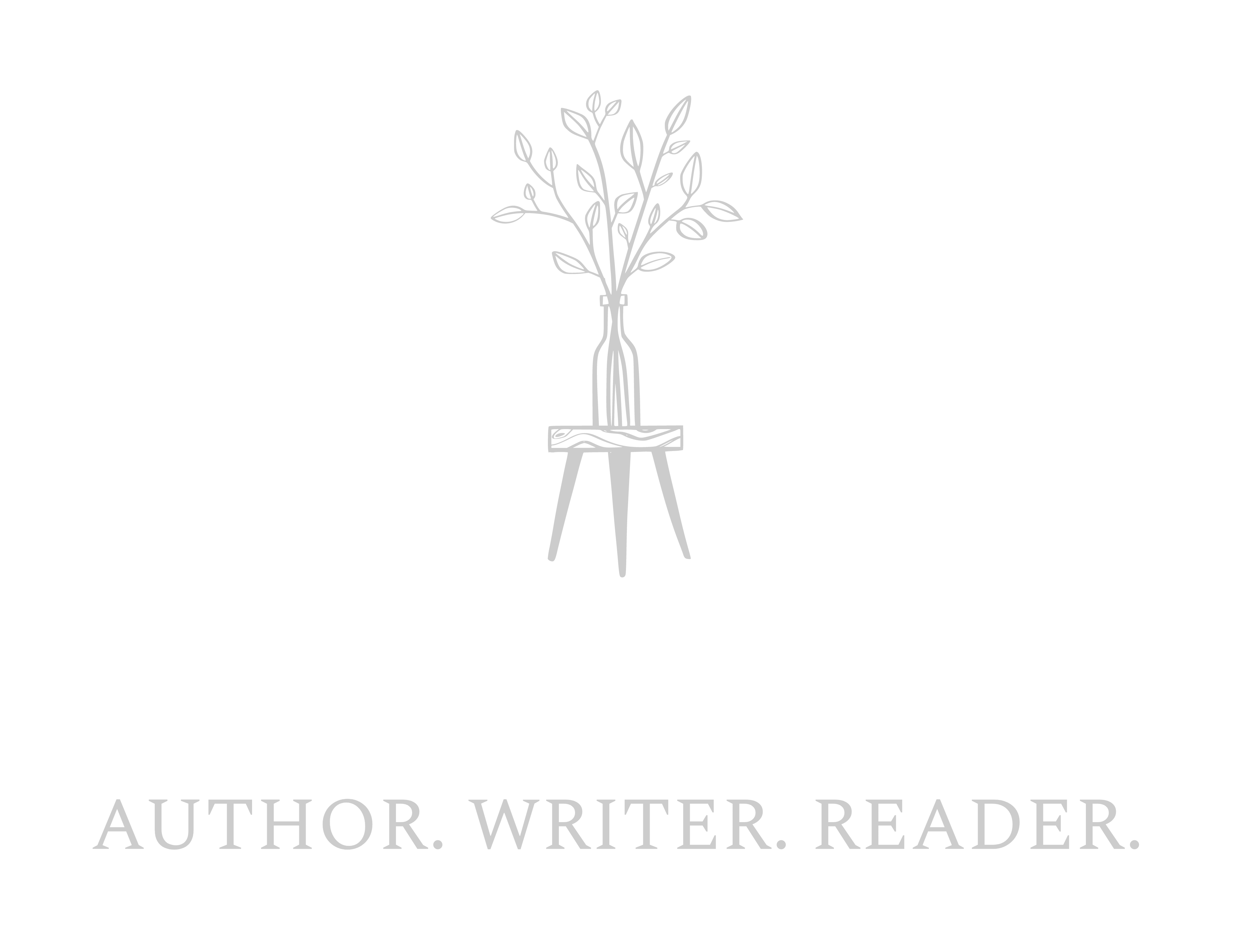Whether you’re writing a critical scene or just thinking of an unescapable reply to a condemnatory remark, we sometimes struggle to find a proper insult that will halt the evildoer’s actions. So, what is an insult? Let’s take a deeper look at this infected yet targeted word.
Microsoft Bing and Google define “insult” as: speaking to, treating with disrespect or scornful abuse, a scornfully abusive remark or action. Wikipedia defines “insult” as: An insult is an expression, statement, or behavior that is often deliberately disrespectful, offensive, scornful, or derogatory towards an individual or a group.
Now we need to dissect the why of it all. Why do humans tend to exhibit disrespectful and sometimes scornful behavior towards others? Well, according to Learning Mind, disrespectful and scornful actions often occur because:
- It’s a form of control.
- Sense of entitlement.
- Bully.
- Lacks respect for their victim.
- This is the only attitude they know.
- They are afraid and go on attack.
- Might take pleasure in causing pain or suffering in others.
- One might be angry or in shock (as in being challenged).
We can either make the conscious decision to deal with these individuals the morally correct way by examining the circumstances or meet them with a “proper insult” (which is what this post is all about). Let’s dig into an era before the English language was compressed into a four-letter word as I share some of my favorite all time insults written by public figures. I’d like to note that most of these insults are directed towards men however these pronouns are replaceable.
- “You speak and infinite deal of nothing.” – William Shakespeare
- “There is nothing wrong with you that reincarnation won’t cure.” – Jack E. Leonard
- “His mother should have thrown him away and kept the stork.” – Mae West
- “He is simply a shiver looking for a spine to run up.” – Paul Keating
- “They never open their mouths without subtracting from the sum of human knowledge.” – Thomas Brackett Reed
- “He had delusions of adequacy.” – Walter Kerr
- “Some cause happiness wherever they go; others, whenever they go.” – Oscar Wilde
- “He has Van Gogh’s ear for music.” – Billy Wilder
- “I didn’t attend the funeral, but I sent a nice letter saying I approved of it.” – Mark Twain
- “He is a self-made man and worships his creator.” – John Bright
- “He has all the virtues I dislike and none of the vices I admire.” – Winston Churchill
- “More of your conversation would affect my brain.” – William Shakespeare
- “He can compress the most words into the smallest idea of any man I know.” – Jack E. Leonard
- “I’ve had a perfectly wonderful evening but I’m afraid this wasn’t it.” – Groucho Marx
- “He has no enemies but is intensely disliked by his friends.” – Oscar Wilde
- “He is not only dull himself; he is the cause of dullness in others.” – Samuel Johnson
- “I have never killed man, but I have read many obituaries with great pleasure.” – Clarence Darrow
The insults below are a compilation from movies, books, lyrics, television series and/or articles that are just too brilliant not to share.
- “You are the least grateful offspring.”
- “Those are hungry words from coming from viper.”
- “Are you trying to convince me or yourself?”
- “It’s impossible to underestimate you.”
- “Titled is what you are.”
- “Your words are as authentic as your mother.”
- “What you have in intuition, you lack in intelligence.”
- “You’re the reason God created the middle finger.”
- “Oh, I would not associate you with humane.”
- “Are your legs not as quick as your tongue?”
- “You fight with words when fist are lacking.”
- “Ah, I see that your evening has been colorful.”
- “A scumbag is always a scumbag.”
- “Someday you’ll go far. And I really hope you stay there.”
References:
Leave a Comment





